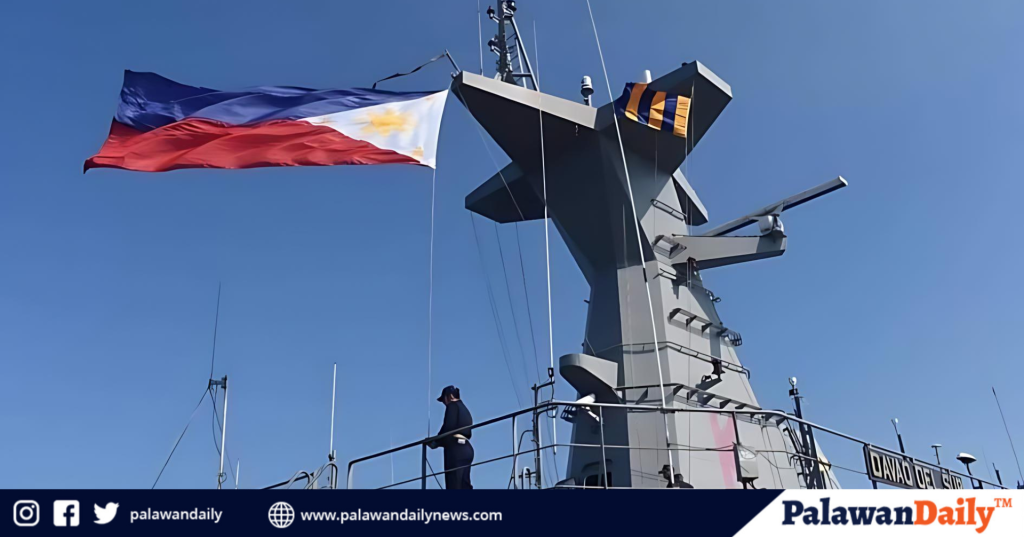The
Armed Forces of the Philippines (AFP) launched its DAGIT-PA multi-service exercises in the AFP’s Western Command in Puerto Princesa, Palawan and the Northern Luzon Command in Tarlac City on Monday, November 4.
The drills bring together over 3,000 troops across the Army, Navy, Air Force, and Special Operations forces to practice comprehensive defense strategies in one of the Philippines’ most strategically important regions.
This year’s exercises will be closely watched by China.
“They have a front seat to the exercise. They will watch us, yes, and we don’t mind,” said Col. Michael Logico, executive director of the AFP-wide joint exercise, acknowledging the Chinese Coast Guard’s increased activity in Philippine-claimed waters.
Dubbed DAGIT-PA, short for dagat, langit, at lupa (sea, sky, and land), the exercises are also notable for incorporating cyber and information warfare, reflecting the evolving nature of defense.
AFP Chief Gen. Romeo Brawner Jr. highlighted this development in his opening remarks, emphasizing that the military must now counter misinformation and “fake news” that can “turn the tide of war.”
“We know that even when we are being rammed by Chinese Coast Guard vessels, the news often portrays it as if we are the aggressors,” Brawner noted. “It’s fake news. We have to counter that and we have to rehearse that in times of war.”
The Puerto Princesa drills include island-seizing exercises, amphibious landings, and air defense operations. With an eye on the South China Sea, Brawner declared that “our mission today is very clear, to prepare ourselves comprehensively to respond to any external threats that might challenge our sovereignty.”
He affirmed that Philippine forces are “ready to face real-world challenges head-on” to defend national interests, especially those in the West Philippine Sea.
In addition to traditional combat training, the AFP is integrating its reserve forces for the first time in these exercises, reinforcing the role of civilian agencies and reservists in national defense.
“They will be our force multipliers. It’s very important that, as early as now, we rehearse their involvement,” said Brawner, who added that the Department of Foreign Affairs, Department of Social Welfare and Development, Philippine National Police, and Philippine Coast Guard are all collaborating in the drills.
“Dahil kung nagka-giyera tayo, lahat ng mga ahensya na ito ay magtutulong-tulong (If we face a war, all of these agencies will contribute what they can),” he explained.
The DAGIT-PA exercises serve as a preparation for next year’s larger Balikatan drills with the United States, where AFP forces will engage in a full-scale “battle test.” Maj. Gen. Marvin Licudine, the exercise director, noted that they have accounted for Chinese monitoring activities and adjusted plans accordingly.
“We expect … our Chinese counterparts will be monitoring us and doing some things. Our planners have prepared for contingencies in the process,” he said.
Brawner also announced that the AFP will shift more resources toward territorial defense next year, following the success of the AFP’s operations against internal threats.
With a “new campaign plan” focused on external defense, Brawner concluded that almost all AFP members will be focused on protecting Philippine waters and sovereignty.
